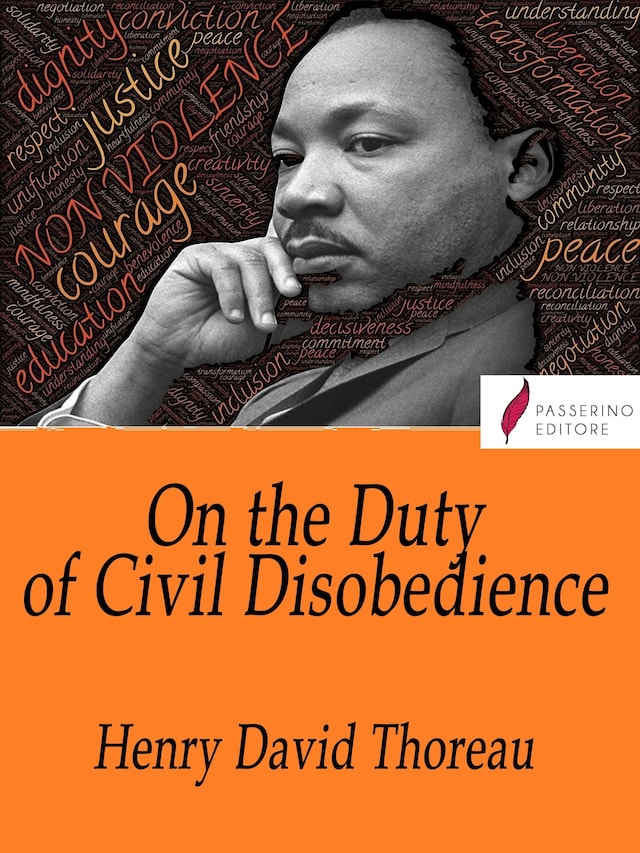
On The Duty Of Civil Disobedience
Resistance to Civil Government

